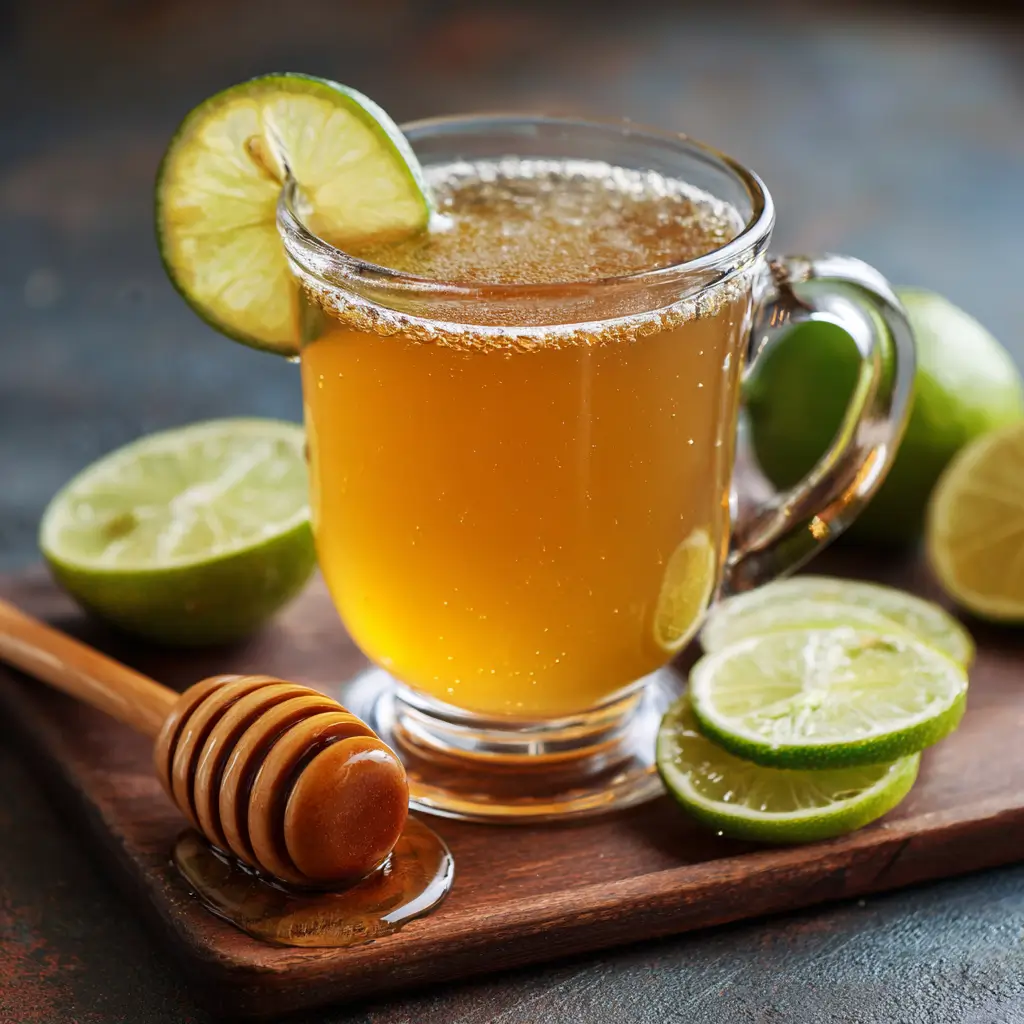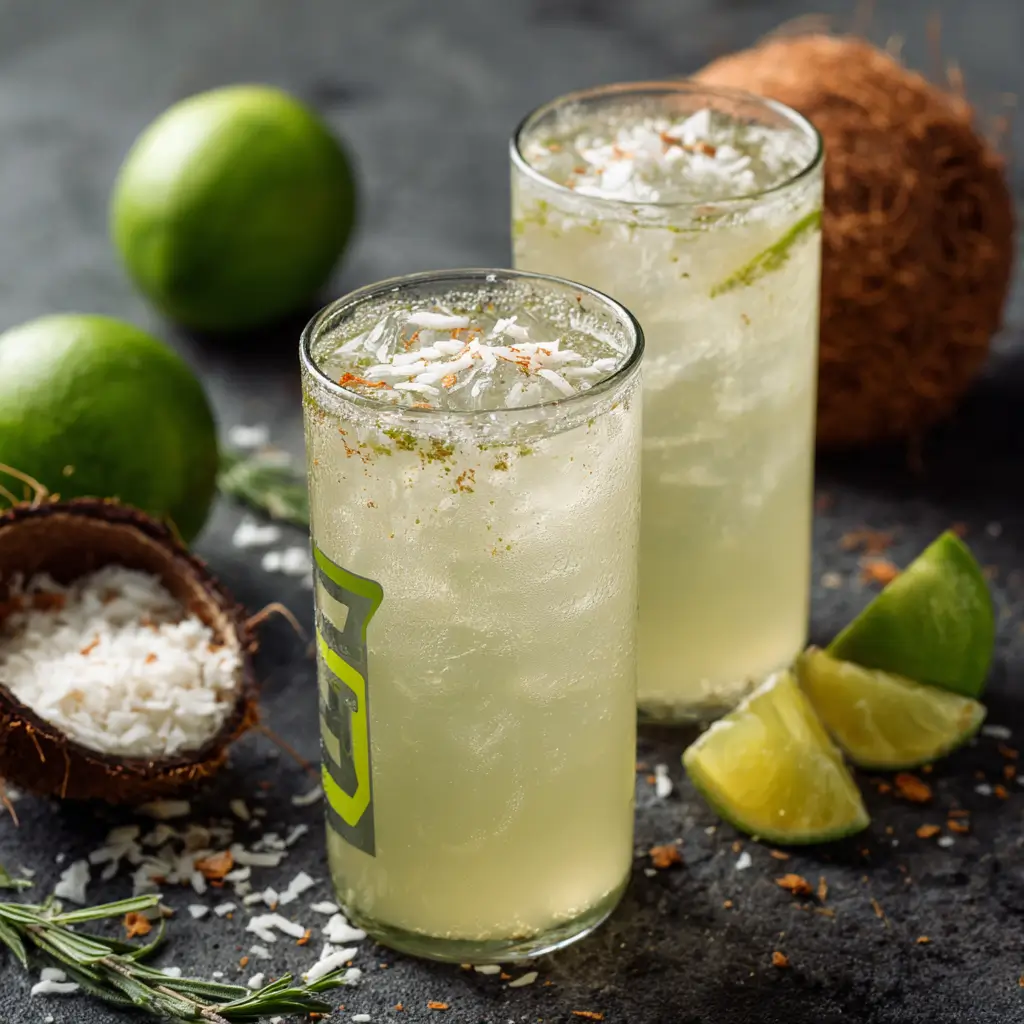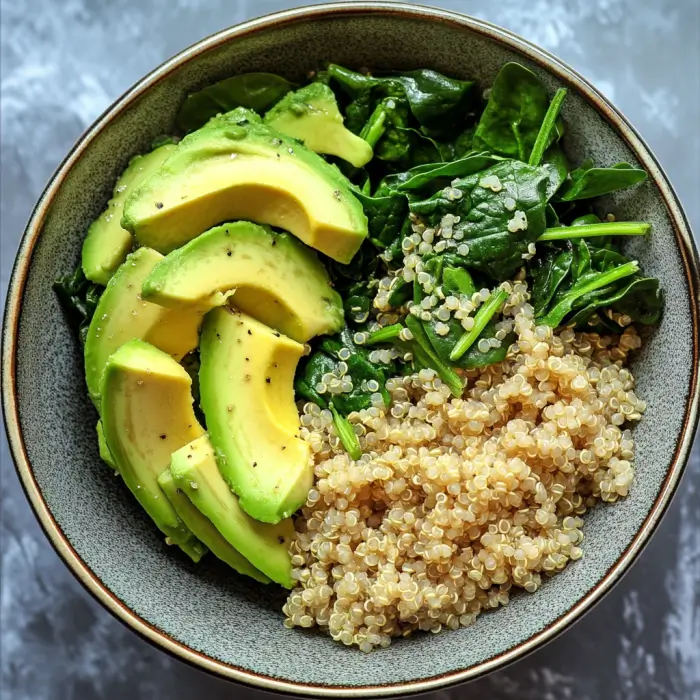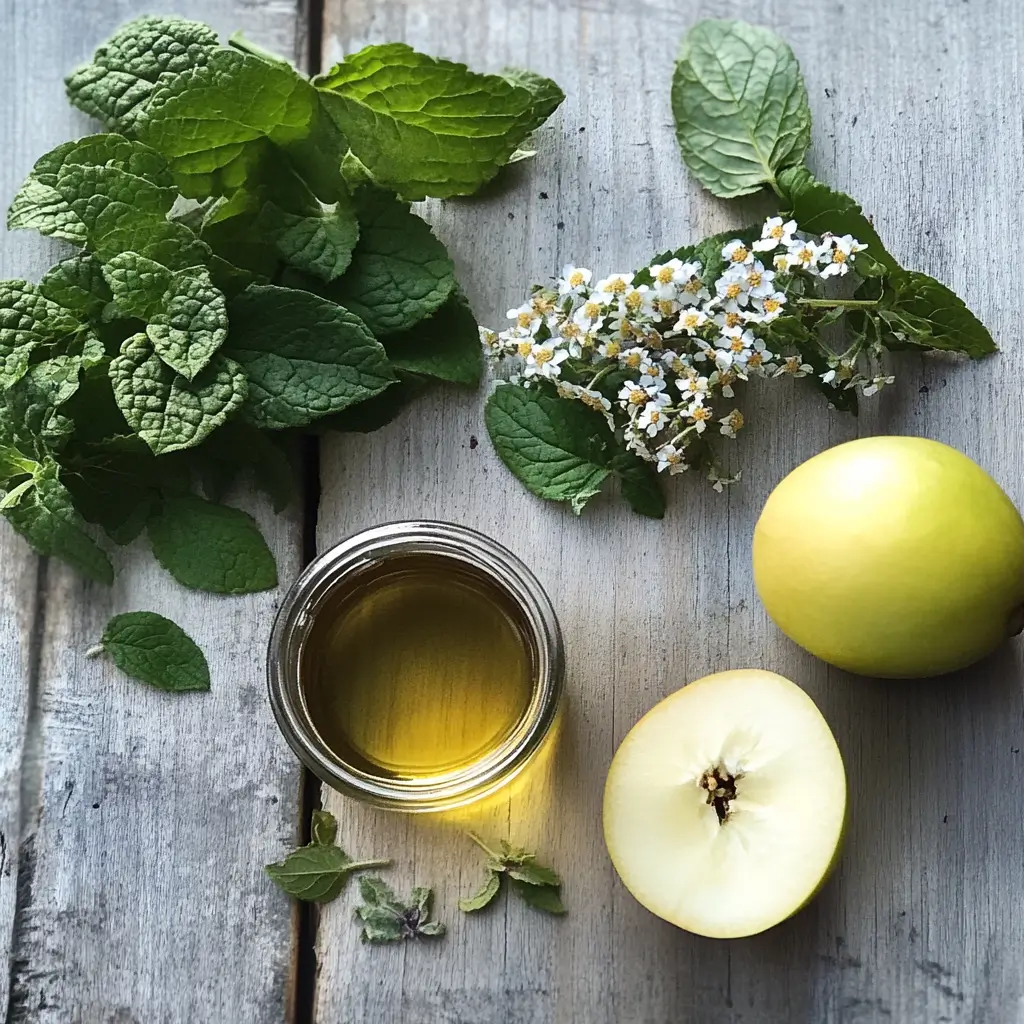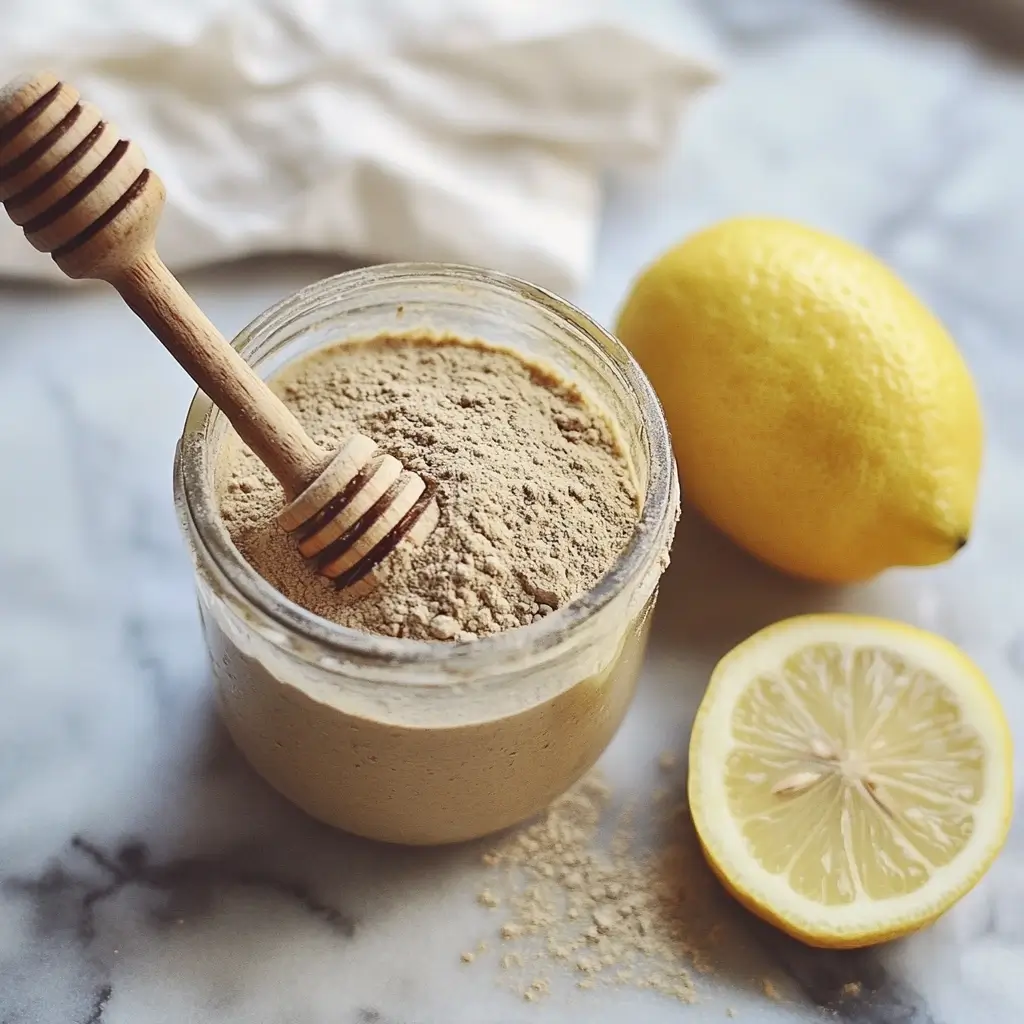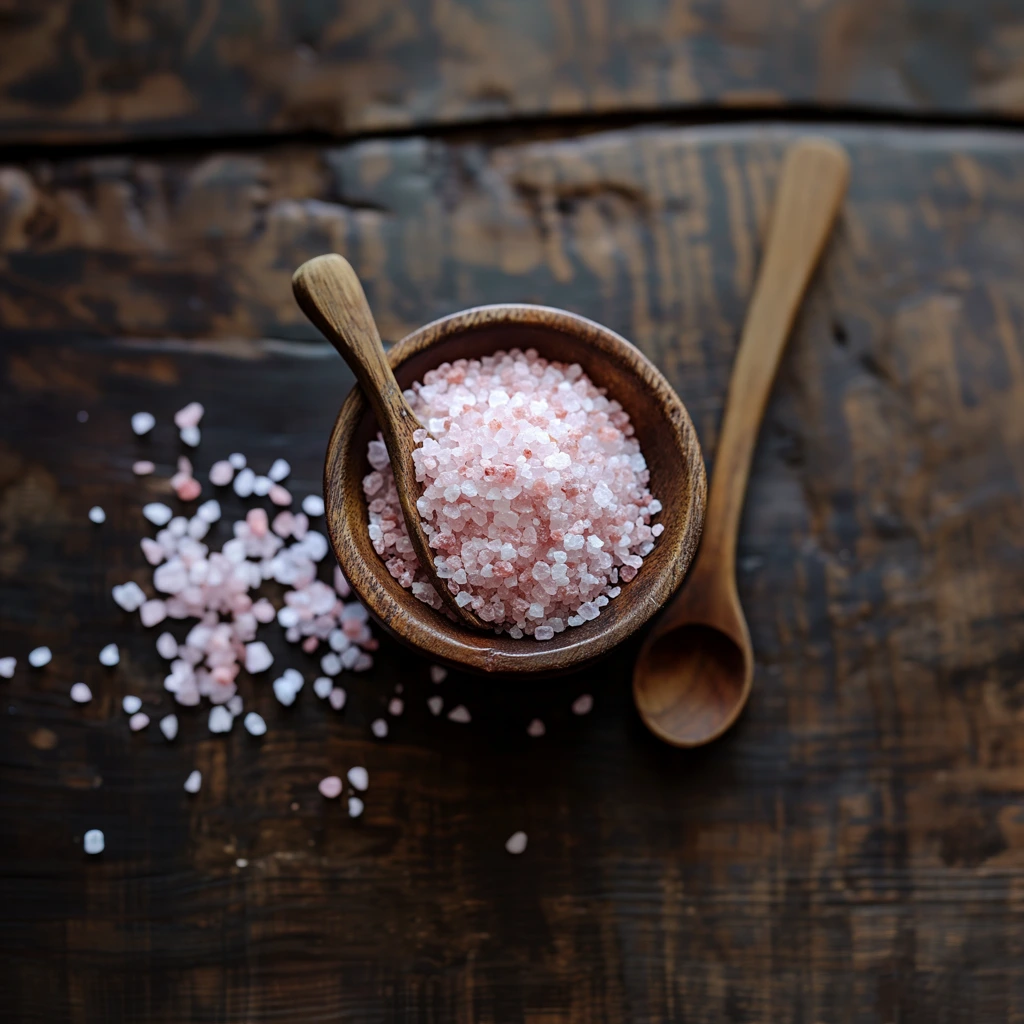
The Mountain Dew Diet of J.D. Vance: A Look into an Unusual Lifestyle Choice
J.D. Vance, the best-selling author of “Hillbilly Elegy” and a prominent political figure, has been known for his unconventional lifestyle choices. One of the most intriguing and often discussed aspects of his life is his so-called “Mountain Dew Diet.” This unique diet has raised eyebrows and sparked conversations across the country. In this article, we will delve into what the Mountain Dew Diet entails, its origins, and its potential implications for health and well-being.
Origins of the Mountain Dew Diet
The Mountain Dew Diet became public knowledge primarily through Vance’s own admissions in interviews and social media. Vance, who grew up in a working-class family in Middletown, Ohio, often talks about his childhood experiences and the cultural habits that shaped him. In his memoir “Hillbilly Elegy,” he touches on various aspects of his upbringing, including the dietary habits prevalent in his community.
Mountain Dew, a sugary, caffeinated soda, was a staple in Vance’s household. It was consumed regularly, often replacing more traditional beverages like water or milk. This habit continued into his adult life, leading to what he humorously refers to as his “Mountain Dew Diet.”
What Does the Mountain Dew Diet Involve?
The Mountain Dew Diet, as described by Vance, is not a formal diet plan but rather a reflection of his long-standing consumption habits. Key components include:
- High Intake of Mountain Dew: Vance has admitted to drinking several cans of Mountain Dew daily. This beverage is high in sugar and caffeine, contributing significantly to his daily caloric intake.
- Limited Focus on Traditional Nutrition: While Vance has joked about his diet, it’s clear that his consumption of Mountain Dew has, at times, overshadowed more balanced nutritional practices. This can mean fewer fruits, vegetables, and whole grains in his daily diet.
- Cultural Roots: The diet is rooted in the cultural and economic context of Vance’s upbringing. In many working-class communities, sugary drinks like Mountain Dew are affordable and widely consumed, often preferred over more expensive and less palatable alternatives.
Health Implications
The health implications of such a diet are significant and largely negative. High consumption of sugary sodas like Mountain Dew can lead to:
- Obesity: The high sugar content can contribute to weight gain and obesity.
- Diabetes: Excessive sugar intake is a known risk factor for type 2 diabetes.
- Dental Problems: Sugary drinks are notorious for causing tooth decay and other dental issues.
- Nutritional Deficiencies: Relying on Mountain Dew as a primary beverage can lead to deficiencies in essential nutrients typically obtained from a varied and balanced diet.
Public Reception and Criticism
Vance’s Mountain Dew Diet has been met with a mix of amusement, concern, and criticism. While some people view it as a humorous anecdote reflecting Vance’s down-to-earth personality, others are worried about the health message it sends. Nutritionists and health experts often caution against such dietary habits, advocating for a more balanced approach to nutrition.
Conclusion
J.D. Vance’s Mountain Dew Diet is a fascinating glimpse into the cultural and personal habits that shape an individual’s lifestyle. While it may serve as a humorous talking point, it also underscores important issues related to diet, health, and socio-economic influences. As Vance continues his public career, it remains to be seen whether his dietary habits will evolve or if he will continue to embrace his unique approach to nutrition. Regardless, the Mountain Dew Diet remains a curious and noteworthy aspect of his personal narrative.








